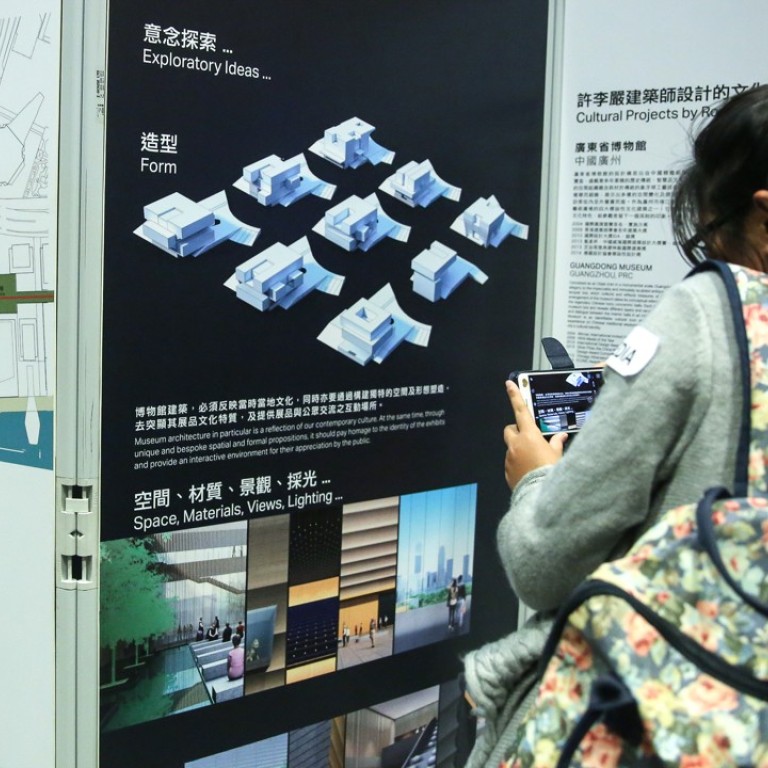
Public consultation must be properly used
Public consultation can be a good governance tool and be instrumental in building consensus as well as making people feel they are counted in policymaking. But it is meaningless if it becomes a manipulative rather than a genuine exercise to gauge people’s views
The Hong Kong government loves public consultations, so much so that anything may be put to the public for comments before taking any action. From political reform to national security law, from land supply options to new town developments, from plastic bag levies to waste disposal charges, the people are being asked on a wide range of issues from time to time. Whether they get what they want is another matter, though.
The problems are put into perspective in an analysis by the South China Morning Post. Last year, the public was bombarded with 25 consultation papers, averaging one every two weeks. Of these, 15 received fewer than 100 responses. Some literally got just a handful of submissions, such as the amendments to the Chinese medicine ordinance and changes to the standards of children’s products and toys. Whether the relevant policy bureau can draw any meaningful references from the feedback is open to question.
In the absence of a directly elected government, public consultations are perhaps the next best way for the people to have a say on issues. But the way in which these exercises are carried out can be so arbitrary that the outcomes may also be questionable. There were no shortage of examples of political groups mobilising supporters to win over rivals in highly contentious consultations, such as the universal suffrage debate in 2014 and the national security legislation under the Basic Law Article 23 in 2003.
The problems are further confounded by the occasional ambiguous stance of the government. It is not unusual for officials to stick to the “no preconceived views” line, giving the impression that the government keeps an open mind on the topic under discussion. The reality is that officials often have already decided on the way forward and the consultation is just a means to justify its action.
There are also times when officials are indecisive, hiding behind repeated rounds of consultations without action. But they can also be resolute when needed, brushing aside calls for consultations on the grounds that the issue in question is either too contentious to broach – as in the case of an anti-gay discrimination law – or there is simply no need for it. The joint checkpoint for the high-speed rail link is a case in point.
Consultation can be a good governance tool when properly used. It is instrumental in building consensus and makes people feel they are counted in policymaking. But it would be meaningless if it becomes a manipulative rather than a genuine exercise to gauge people’s views. It would also do well for the government to focus on quality rather than quantity, followed by resolute actions and to be held accountable when they fall short of public expectation.

